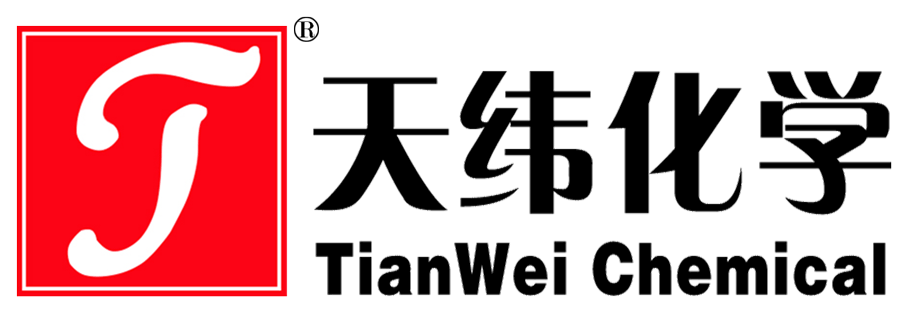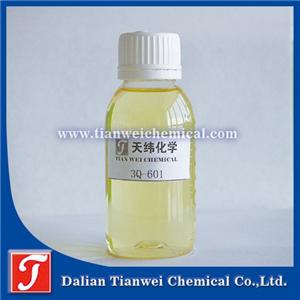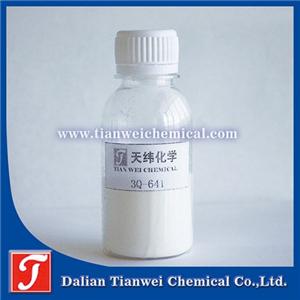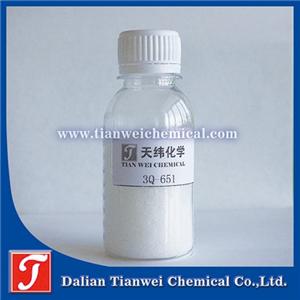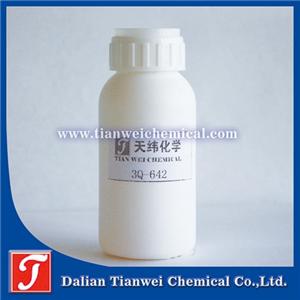Use and types of preservatives
Application and types of preservatives:
Bacteria are everywhere, such as dust, soil, sweat, and air. As long as they meet the right temperature and humidity, they begin to grow and multiply from uneven places. Therefore, the first place to grow mold is generally the interface and the place where stitches are formed, which is a great harm to the storage and transportation of raw materials and their products. The main role of preservatives is to no longer grow mold even if the humid environment is harsh, preservatives series of anti-mold principle: destroy the bacterial cell wall and the enzymes in the cell, so that the enzyme protein denatures and can not participate in catalytic action, effectively prevent bacterial growth and reproduction, preservatives mainly have the following:
(1) Bamboo preservatives: the main component is silicone quaternary ammonium salt, bamboo preservatives as the name suggests is to protect wood in the production, storage, transportation process no longer mildew, can avoid the deterioration or discoloration caused by bacteria, bacteria, algae and yeast and other problems; Can maintain the freshness of items such as furniture because it inhibits or prevents the growth of odor-causing bacteria and bacteria; Can extend the service life of the item, because it inhibits the growth of bacteria and bacteria; It can make the articles hygienic and clean and insect-proof; The treatment result is very good, and it can be cleaned and washed repeatedly. Due to other chemical protection properties, can prevent odor; Good compatibility with substrates and processes within the permitted range of use.
(2) Textile anti-mildew antibacterial agent: also known as anti-mildew antibacterial agent. It is a milky white liquid with good stability and moisture absorption and perspiration. The textile antibacterial agent is successfully developed by Aegis Microbe Shield, a chemical technology company, and can effectively inhibit Gramella, Staphylococcus aureus, Escherichia coli, Pyobacterium pneumoniae, yeast, fungi, mites and algae. Textile antibacterial agent will give the treated substrate superior durability, and has a unique protection against microbial antibacterial function, can be used for fiber fabric before dyeing engineering and after finishing processing, to prevent the harm caused by microorganisms, extend the use of fabric time.
(3) Leather preservatives: This is a widely used leather preservative, but also an anti-aging agent, very low toxicity, this product is a colorless liquid, slightly irritating taste, can have a good match with a variety of leather and anti-mold effect is good, protect the leather cycle is long, the price is very reasonable, leather in the production and storage process is vulnerable to microbial attack and occur corruption and mildew, In view of the special process conditions such as high salt, high acid and alkali in the leather process, a series of bactericidal antifungal preservatives have been developed, which are broad spectrum, and do not contain phenols and harmful solvents to the environment, and meet the strict requirements of import and export quarantine and inspection in Europe and the United States, and the characteristics of leather preservatives can be widely used in various production methods. If the batch type and continuous type can be processed as far as possible without changing the conditions of the process and production equipment, it is a non-release treatment agent, not lost, not wandering, nor consumed by microorganisms, which can give the substrate surface superior durability, with special mechanical sterilization, no resistance phenomenon, they can effectively inhibit bacterial growth. Prolong the probation period and storage period of leather, and there is no harm to the user's health.
